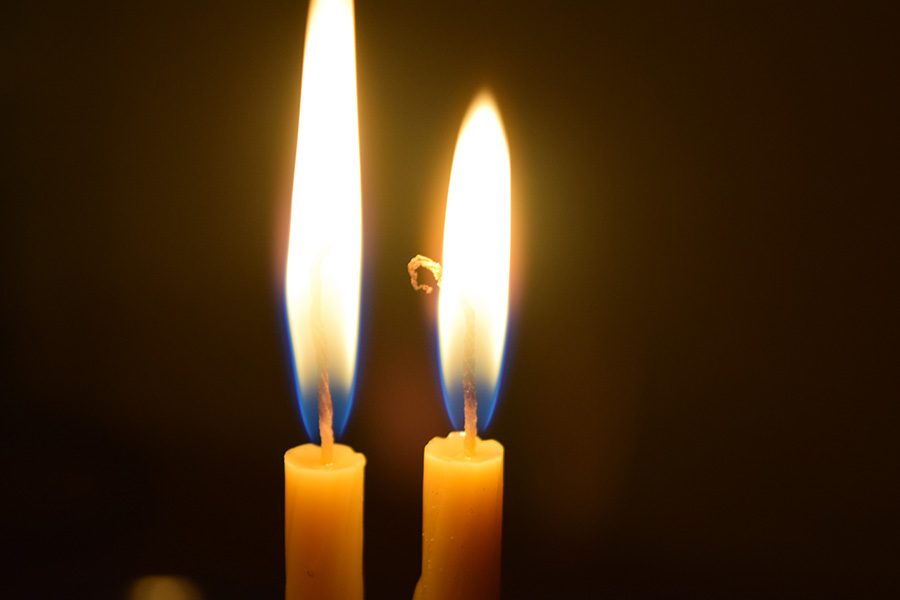Sixteen Candles: 35 Years Later
In an age of ever-changing trends including fashion, hairstyles, lingo, and much more, WSS Intern Cymry Hieronymus takes a look at the movie Sixteen Candles, to see if it stands the test of time.
Movies have always been a reflection of the time. Whether we’re talking about the fashion, the lingo or the setting, movies tend to change as people and society evolve. What might’ve been a popular hairstyle in the ’80s would never make a comeback in a 21st century film. Along with things like the content and fashion trends in movies, lingo also tends to change over time. What used to be “Will you go with me?” is now “Will you go out with me?”, and terms that may have been appropriate or found acceptable years ago, are now taboo and would never make it into the final script of a movie.
One of the movies that is constantly criticized for its offensive language, plot, and characters is Sixteen Candles (1984): a popular coming-of-age story about a 16 year old girl named Samantha (Molly Ringwald),who’s family forgets about her birthday. From there, her day spirals into disaster as she tries to gain the attention of a senior named Jake (Michael Schoeffling), who doesn’t seem to notice her. The movie’s comedic relief is Ted, a freshman who constantly tries to get her attention throughout the movie, and who’s advances are constantly turned down.
The movie, though it is praised as a cult-classic, has been criticized as having racist content. One character is named Long Duk Dong, who is an Asian foreign exchange student that is staying with Samantha’s grandparents. The actor speaks in an offensive accent that furthers the Asian-American stereotype, and his name alone is a punchline. It has also been criticized as having severely sexist themes, and Molly Ringwald has even spoken out against it in retrospect. In one article written by NPR, In one scene, Jake, in reference to his passed-out girlfriend, says that he “could violate her in 10 different ways if [he] wanted to.” Later on, he “gives” her to Ted. These instances perpetuate the idea that women are pieces of property that can be “given” to men. It also furthers the rape culture that has seen pushback in recent years, which we now see in the Me Too Movement.
The question begs itself: If these classic movies are so problematic, then why do we still watch them? Why do we still look to these classics as portrayals of 20th century American society? It is important to look back on these things from a more socially-conscious, more sensitive and critical standpoint. But does this mean that we can no longer watch these movies? After all, classics like these are what we grow up watching- they shape our society, the way people see things, and the politics that are presented.
In all honesty, there are lots of movies with offensive content that are still cherished by old and young to this day. And personally, I don’t think that means we necessarily have to “cancel” them. Similar movies include The Breakfast Club, Pretty in Pink, and Ferris Bueller’s Day Off. Although some of the afore-mentioned movies do have similar offensive content, like the apparent sexism in The Breakfast Club, they’re all considered classics. Honestly, I would hate to stop watching these movies. They’re fun for the whole family, they’re virtually time-capsules for the fashion, lingo, hairstyles, etc., and they’re just good.
Going forward, I think it’s necessary that when we encounter a situation where we’re watching a classic like Sixteen Candles, as good as it is, that we reflect on it. In this case, the racist stereotypes pushed by the character Long Duk Dong are not appropriate in any way. They set a false standard for all Asian-Americans, and in turn generalize a whole population of people, that are already fighting against stereotypes present today. And, the sexism present in the movie the whole way through, especially in the scene where it’s implied that women are an object to be “given”, is not okay either. It presents a false idea that we still see today in traditional christian weddings, where the dad “gives” away the bride. Though it is tradition, it implies that women do not have the right to choose what happens in their life, and that they are just at the mercy of men to decide their fate, which is what Sixteen Candles implies as well. After watching those movies, talk about why the content wouldn’t be appropriate now, and how we as a society can fix them and not perpetuate them any further.
